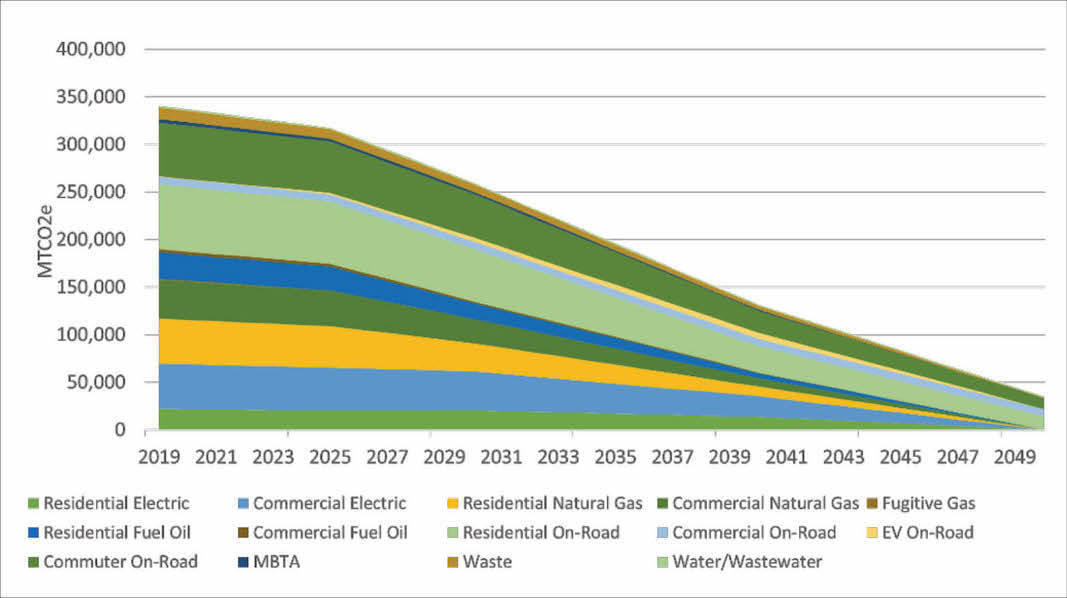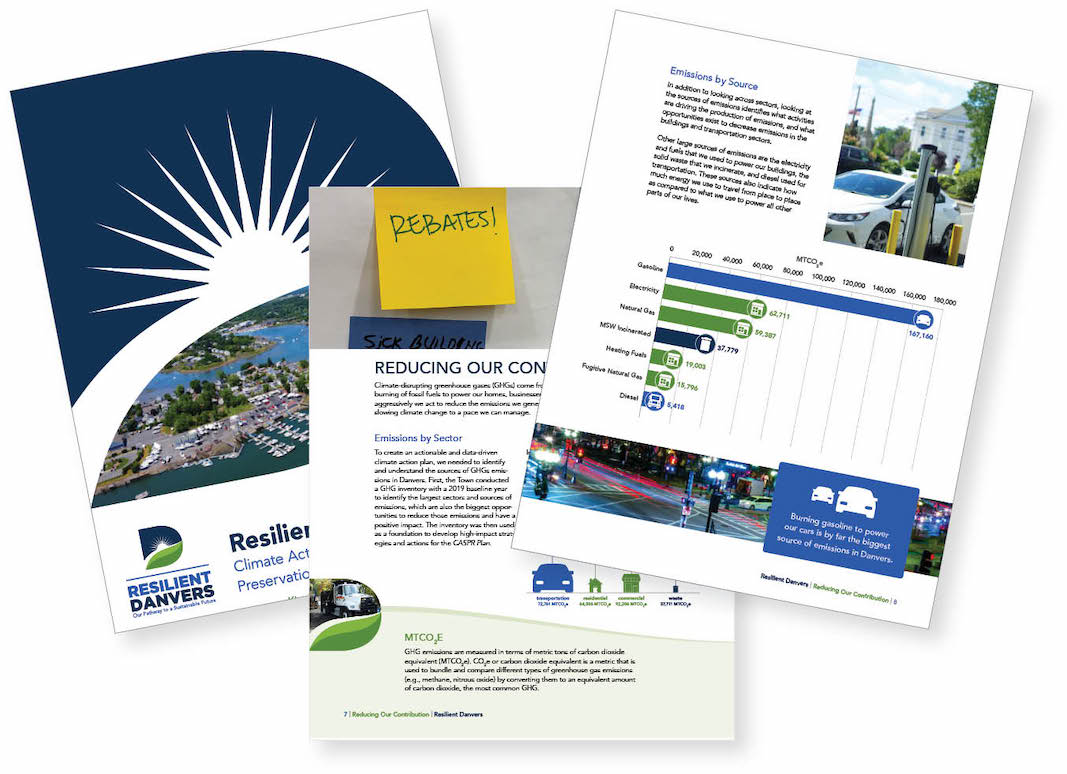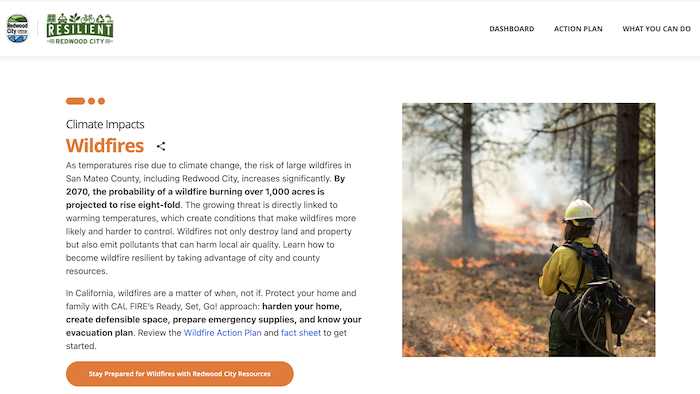KLA brings a breadth of experience helping communities assess vulnerabilities to climate change and designing and implementing strategies to enhance their resilience.

GHG Analysis
GHG scenario planning helps to illustrate the pathways and actions that have the highest potential for reducing emissions. GHG emissions and other readily available metrics such as building square footage, age of buildings, registered electric vehicles, etc. provide the starting point of an analysis that brings together expected growth and community redevelopment, the impact of state and federal policies on the energy supply, and the potential to accelerate the implementation of efficiency and electrification of both the building and transportation sectors.
The actions required to reduce GHG emissions are well-known. The question is no longer “what” should we do, but rather “how” can we do this
Climate risk and vulnerability assessments
KLA leads and facilitates vulnerability assessments that combine research and data with insights from community engagement and interviews. This approach supports the development of targeted actions that enhance resilience and protect assets.
We craft accessible, graphically heavy, easy to understand Climate Action Plan of no more than 20 pages. The reality is that your goals, strategies, actions, and metrics are the core of your plan and the vast majority of people will never read a full plan over 20 pages.

We bring a laser focus on high impact actions to our climate analysis, drilling down to metrics like the number of homes to retrofit and vehicles to electrify - helping you move faster from planning to action.

Sustainability indicator identification and reporting
As the nation continues to be ravaged by the impacts of climate change, it is essential that sustainability planning activities prioritize addressing climate change.
Climate action & sustainability frameworks
The KLA team begins with a review of existing plans and policies and other climate and public health efforts. The focus of this review is to identify gaps in current knowledge around climate hazards and to understand existing initiatives.



